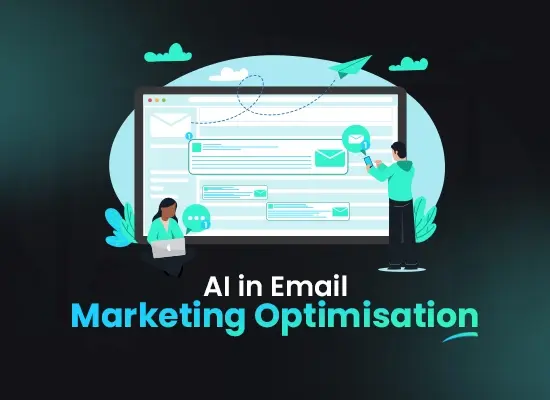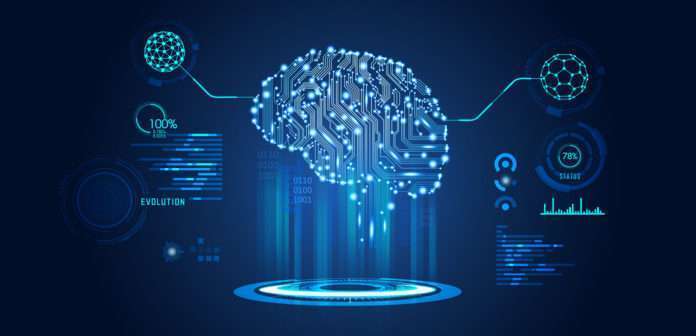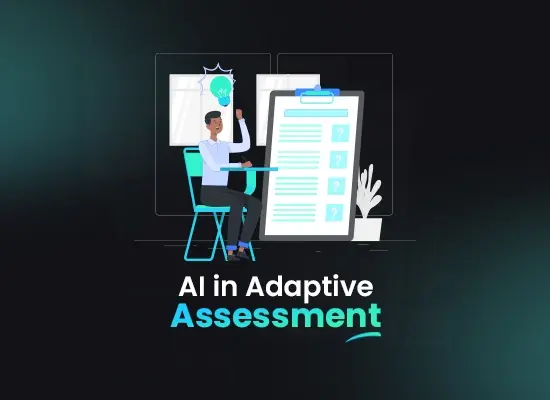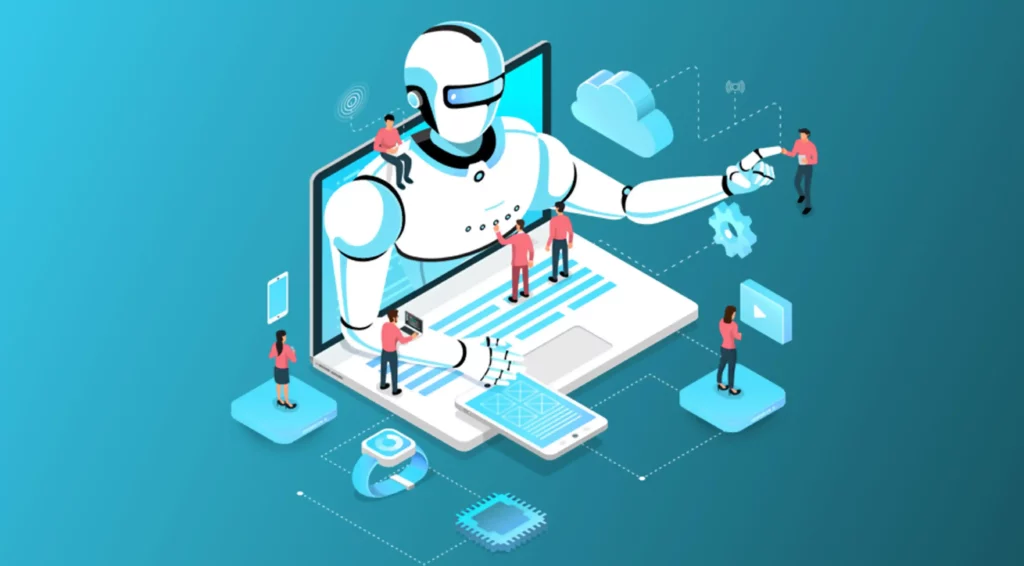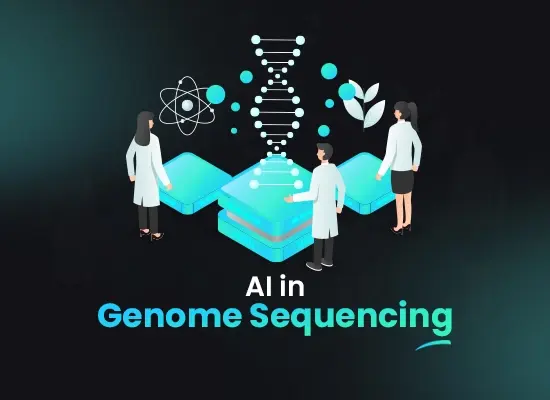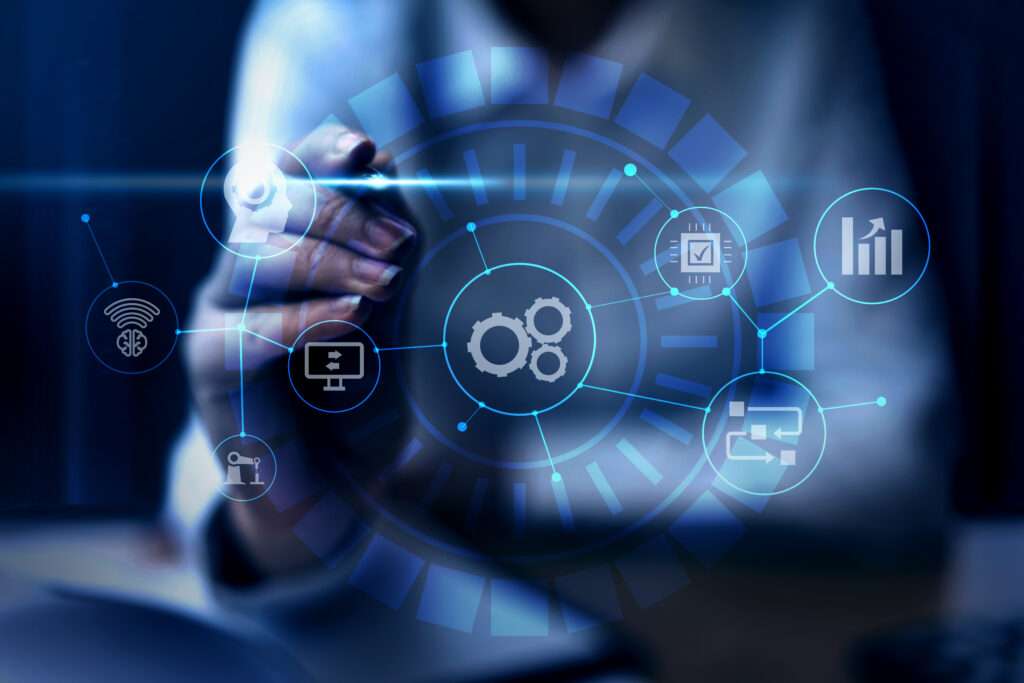
Contents
MLOps tools are indispensable in managing the complexities associated with the deployment and maintenance of machine learning models. What is MLOps? It is the orchestration of processes and tools that facilitate the seamless integration of machine learning models into production environments.
MLOps is a helpful methodology for producing high-caliber AI and machine learning solutions. By using continuous integration and deployment (CI/CD) techniques with appropriate monitoring, validation, and governance of ML models, data scientists and machine learning engineers can work together and accelerate the speed of model creation and production by using an MLOps approach.
Understanding what is MLOps can be quite challenging as it involves putting machine learning into production. Many intricate elements, such as explainability, data prep, model training, model tweaking, and model deployment, constitute the machine learning lifecycle. Collaboration and handoffs between teams are essential, from data engineering to data science to ML model engineering.
What is MLOps? MLOps tools play a crucial role in the realm of machine learning engineering.
What is MLOps? It is commonly known as Machine Learning Operations, abbreviated as MLOps. MLOps tools are pivotal in streamlining the intricate process of deploying, maintaining, and tracking machine learning models in production.
What is MLOps? It is a collaborative function that brings together IT, devops engineers, and data scientists. MLOps tools are essential for ensuring the efficiency of the entire machine learning operations lifecycle.
What is MLOps? This term encompasses the comprehensive set of practices and tools aimed at enhancing the productivity and collaboration among various teams involved in AI and machine learning development and deployment.
MLOps tools contribute significantly to the success of machine learning projects by enabling effective communication and collaboration between different stakeholders. In essence, what is MLOps? It is a discipline that leverages specialized tools and practices to optimize the entire lifecycle of machine learning, ensuring smooth operations from development to deployment.
To comprehend what is MLOps, it is crucial to acknowledge that maintaining synchronization and coordination between all these activities requires strict operational rigor. MLOps tools play a crucial role in facilitating the exploration, iteration, and continual improvement of the machine learning lifecycle.
Understanding what is MLOps becomes more apparent when realizing that these tools contribute to the seamless integration of various stages, ensuring efficiency and effectiveness throughout the process. MLOps tools are instrumental not only in the exploration but also in the optimization of the machine learning lifecycle. Consequently, comprehending what is MLOps necessitates recognizing the significance of these tools in enhancing collaboration and operational efficiency within the realm of machine learning.
What is MLOps vs What is DevOps?
MLOps is a set of engineering techniques unique to machine learning projects that draw inspiration from software engineering’s more popular DevOps concepts. MLOps applies the same concepts to deliver machine learning models to production, while DevOps applies a quick, iterative approach to deploying applications. Higher software quality, quicker patching and release cycles, and increased customer satisfaction are the results in both scenarios.
Benefits of MLOps
MLOps offer three main advantages: reduced risk, scalability, and efficiency. Efficiency: Data teams can produce higher-quality ML models more quickly, build models more quickly, and deploy and produce models more quickly thanks to MLOps. Scalability: Thousands of models may be managed, controlled, monitored, and overseen for continuous integration, continuous delivery, and continuous deployment thanks to MLOps’ extensive scalability and management capabilities.
In particular, MLOps makes ML pipelines reproducible, which facilitates closer collaboration between data teams, lessens friction with IT and devops, and quickens release velocity. Risk reduction: MLOps ensures improved compliance with an organization’s or industry’s regulations and allows greater transparency and faster response to requests for regulatory scrutiny and drift-checking, which are common requirements for machine learning models.
Components of MLOps
Depending on the level at which MLOps concepts are being applied, several MLOps best practices can be identified.
Data Analytics: Using repeatable, editable, and shareable datasets, tables, and visualisations, exploratory data analysis (EDA) is the iterative process of exploring, sharing, and preparing data for the machine learning lifecycle.
Data Preparation: Refined features are created by iteratively transforming, aggregating, and de-duplicate data in data prep and feature engineering. Using a feature store, most significantly, make the features accessible and interchangeable throughout data teams.
Model tuning and training: To train and enhance the performance of your model, make use of well-known open-source libraries like scikit-learn and hyperopt. An easier solution is to write code that can be reviewed and deployed automatically by using automated machine learning techniques like AutoML to conduct trial runs.
Model review and governance: Monitor model versions, lineage, and lifecycle management of artefacts and transitions. An open source MLOps platform like MLflow can let you discover, share, and work together across ML models.
Inference from models and serving: Control the model refresh frequency, the duration of inference requests, and other related production-specifics in QA and testing. Utilise CI/CD technologies to automate the pre-production workflow, such as repos and orchestrators, by emulating devOps concepts.
Model deployment and monitoring: To productionize registered models, automate cluster setup and permissions. Turn on model endpoints for REST APIs.
Automated model retraining: When training and inference data diverge, the model may drift. To address this, provide alerts and automate corrective action.
What are MLOps Tools
MLOps, refers to the set of practices and tools used to streamline and automate the end-to-end machine learning lifecycle. MLOps aims to enhance collaboration and communication between data scientists, machine learning engineers, and operations teams to ensure the smooth deployment, monitoring, and maintenance of machine learning models in production. MLOps tools play a crucial role in achieving these goals. Here are some key categories of MLOps tools:
Seamless Collaboration | Cost-Efficient Solutions | Faster Time-to-Market

Seamless Collaboration | Cost-Efficient Solutions | Faster Time-to-Market

1. Version Control Systems:
Tools like Git and GitLab help manage and track changes to machine learning code, models, and datasets.
2. Continuous Integration/Continuous Deployment (CI/CD) Tools:
Jenkins, GitLab CI, and others automate the testing and deployment of machine learning models, ensuring a smooth transition from development to production.
3. Model Registry:
Platforms like MLflow and DVC (Data Version Control) provide centralized repositories to store and manage machine learning models, including versioning and metadata.
4. Experiment Tracking:
Tools such as MLflow, TensorBoard, and Neptune.ai help monitor and log experiments, enabling reproducibility and collaboration among data scientists.
5. Containerization and Orchestration:
Docker and Kubernetes are commonly used for packaging machine learning models into containers and managing their deployment and scaling in production environments.
6. Model Monitoring:
Tools like Prometheus, Grafana, and Datadog assist in monitoring the performance of deployed models, tracking metrics, and alerting when issues arise.
7. Data Versioning and Management:
Tools like DVC and Delta Lake help manage and version datasets, ensuring consistency between training and deployment data.
8. AutoML Tools:
Automated Machine Learning tools, such as AutoML frameworks or platforms like H2O.ai and DataRobot, help automate the model development process.
9. Collaboration and Communication Tools:
Platforms like Slack, Microsoft Teams, or custom communication channels facilitate collaboration among team members working on machine learning projects.
10. Security and Compliance Tools:
Tools that ensure the security and compliance of machine learning systems, including encryption, access controls, and auditing solutions.
11. Model Explainability and Interpretability:
Tools like SHAP (SHapley Additive exPlanations) and Lime provide insights into model predictions, making machine learning models more transparent and interpretable.
Adopting MLOps tools helps organizations overcome challenges related to deploying and managing machine learning models at scale, leading to more efficient and reliable machine learning operations.
What is MLOps Platform
Data scientists and software engineers can collaborate in a real-time co-working environment for experiment tracking, feature engineering, and model management, as well as for controlled model transitioning, deployment, and monitoring, by using an MLOps platform. The synchronisation and operational parts of the machine learning lifecycle are automated using an MLOps.
MLOps (Machine Learning Operations) platforms are designed to streamline and automate the end-to-end machine learning lifecycle, from development and training to deployment and monitoring. MLOps platforms aim to enhance collaboration and communication among data scientists, machine learning engineers, and operations teams, ensuring that machine learning (ML) models are deployed successfully and can be maintained effectively in production environments. These platforms help organizations overcome challenges related to scalability, reproducibility, and reliability of machine learning workflows.
Key components and features of MLOps platforms typically include:
1. Version Control:
Tracking and managing changes to machine learning models, code, and data to ensure reproducibility and traceability.
2. Continuous Integration/Continuous Deployment (CI/CD):
Automating the integration and deployment of machine learning models into production environments, allowing for faster and more reliable model deployment.
3. Model Registry:
A centralized repository for storing and managing machine learning models, including versioning and metadata.
4. Collaboration and Communication Tools
Facilitating collaboration among team members by providing tools for sharing code, models, and documentation. This may include integrations with popular collaboration platforms.
5. Experiment Tracking:
Capturing metadata and metrics from different experiments, enabling data scientists to compare model performance and make informed decisions.
6. Monitoring and Logging:
Continuous monitoring of deployed models to track performance, detect anomalies, and ensure models operate as expected. Logging provides a record of events for troubleshooting and auditing.
7. Automation and Orchestration:
Automating repetitive tasks in the ML workflow, such as data preprocessing, feature engineering, model training, and deployment.
8. Scalability and Resource Management:
Ensuring that the infrastructure and resources required for training and serving models can scale based on demand.
9. Security and Governance:
Implementing measures to secure sensitive data and ensure compliance with regulations. This may involve access controls, encryption, and auditing.
10. Model Explainability and Interpretability:
Providing tools to understand and interpret the decisions made by machine learning models, promoting transparency and trust.
By implementing MLOps practices and utilizing MLOps platforms, organizations can accelerate the development and deployment of machine learning models while maintaining operational efficiency, reliability, and compliance.
What are MLOps Engineer?
MLOps (Machine Learning Operations) Engineers are professionals who specialize in the deployment, integration, and maintenance of machine learning (ML) models within a production environment. They bridge the gap between data scientists and IT operations, ensuring that machine learning models are effectively implemented, monitored, and maintained in real-world, operational settings. MLOps Engineers play a crucial role in the end-to-end machine learning lifecycle, from development to deployment and ongoing management.
Key responsibilities of MLOps Engineers may include:
1. Model Deployment
They are responsible for deploying machine learning models into production environments, making sure the models are integrated seamlessly with existing systems.
2. Automation:
MLOps Engineers design and implement automation processes for model training, testing, and deployment. This helps in streamlining the overall machine learning workflow.
3. Monitoring and Logging:
They set up monitoring systems to track the performance of deployed models in real-time. This involves monitoring metrics such as accuracy, latency, and resource utilization.
4. Scalability:
Ensuring that machine learning solutions can scale to handle increased data loads and maintain performance is a key aspect of the MLOps Engineer’s role.
5. Security:
MLOps Engineers need to address security concerns related to the deployment and maintenance of machine learning models, ensuring that sensitive data is handled appropriately and that models are protected against potential threats.
Seamless Collaboration | Cost-Efficient Solutions | Faster Time-to-Market

Seamless Collaboration | Cost-Efficient Solutions | Faster Time-to-Market

6. Collaboration:
Collaboration with data scientists, software developers, and other stakeholders is crucial to understanding the requirements and constraints of both the machine learning models and the production environment.
7. Continuous Integration/Continuous Deployment (CI/CD):
Implementing CI/CD pipelines for machine learning models allows for seamless updates and releases, improving the agility and efficiency of the development process.
8. Version Control:
Managing version control for both code and models to track changes and rollbacks is an essential part of MLOps.
In summary, MLOps Engineers play a vital role in operationalizing machine learning solutions, ensuring that models are not only accurate but also reliable, scalable, and maintainable in real-world scenarios. This involves a combination of skills in machine learning, software engineering, and system operations.
What are MLOps Companies
MLOps (Machine Learning Operations) companies specialize in providing tools, platforms, and services to streamline and optimize the lifecycle of machine learning (ML) models. These companies focus on addressing the unique challenges associated with deploying, managing, monitoring, and scaling machine learning models in production environments. MLOps is crucial for ensuring the reliability, efficiency, and scalability of machine learning applications.
Key aspects of MLOps include version control for ML models, automated testing, continuous integration and deployment (CI/CD) pipelines, monitoring and logging, model governance, and collaboration between data scientists, developers, and operations teams. MLOps companies aim to simplify and automate these processes to accelerate the development and deployment of machine learning models while maintaining their quality and reliability.
Some MLOps companies offer end-to-end solutions, while others focus on specific aspects of the MLOps lifecycle. Common features and services provided by MLOps companies include:
1. Model Deployment and Orchestration:
Tools for deploying machine learning models into production environments and managing their orchestration.
2. Monitoring and Logging:
Solutions for real-time monitoring of model performance, detecting anomalies, and logging relevant information for troubleshooting.
3. Model Versioning and Collaboration:
Platforms for version control of ML models, collaboration among data scientists and developers, and the ability to roll back to previous model versions.
4. Automated Testing:
Frameworks for automated testing of ML models to ensure their robustness and reliability.
5. CI/CD for ML:
Integration with continuous integration and continuous deployment pipelines tailored for machine learning workflows.
6. Model Governance and Compliance:
Tools to enforce governance policies, ensure compliance with regulations, and manage access to sensitive data.
7. Scalability and Resource Management:
Solutions for efficiently scaling ML workloads and managing computing resources in cloud or on-premises environments.
Examples of MLOps companies include:
- Kodexo Labs
- Databricks
- DataRobot
- Alteryx
- Domino Data Lab
- Seldon
- Dataiku
- MLflow (an open-source project managed by Databricks)
- Kubeflow (an open-source project for Kubernetes-native ML)
These companies contribute to the evolution of MLOps practices, helping organizations successfully transition from experimental ML projects to robust and scalable production systems.
Conclusion
MLOps, short for “Machine Learning Operations,” refers to the practices and tools that streamline and enhance the collaboration and communication between data scientists and operations professionals. In essence, MLOps aims to bridge the gap between the development and deployment of machine learning models, ensuring a smooth and efficient workflow. Now, you might be wondering, “What is MLOps?” Well, MLOps, or Machine Learning Operations, involves the integration of various processes and technologies to manage the entire machine learning lifecycle. But what exactly does this mean in practical terms? Let’s delve into the specifics, exploring the significance of MLOps tools.
MLOps tools play a pivotal role in automating and optimizing the machine learning pipeline, ensuring seamless transitions from model development to deployment. These tools encompass a wide array of functionalities, ranging from version control and model testing to continuous integration and deployment. So, when we ask, “What is MLOps?” it becomes clear that it is a comprehensive approach to managing the lifecycle of machine learning models. Now, let’s delve deeper into the realm of MLOps tools.
What is MLOps without the right set of tools to facilitate its implementation? MLOps tools are instrumental in enhancing collaboration and communication between data science and operations teams. They assist in versioning models, automating testing processes, and ensuring a robust deployment pipeline. In essence, MLOps tools are the backbone of an effective MLOps strategy. So, when we talk about “MLOps tools,” we’re referring to the arsenal of software and solutions that empower organizations to implement MLOps successfully.
Now, circling back to the fundamental question, “What is MLOps?” It’s crucial to understand that MLOps is not just a buzzword but a transformative approach to managing machine learning workflows. By leveraging MLOps tools, organizations can achieve better collaboration, faster deployment, and improved overall efficiency in their machine learning projects. So, to sum it up, MLOps is the integration of practices and tools to streamline the machine learning lifecycle, with MLOps tools playing a key role in making this integration seamless and effective.

Author Bio
Frequently Asked Questions (FAQs)
What does mlops stand for?
MLOps, short for Machine Learning Operations, refers to the practice of integrating machine learning models into the software development and deployment processes. It emphasizes collaboration between data scientists and operations teams to streamline model deployment, monitoring, and maintenance for effective and scalable machine learning applications.
What is mlops platform?
MLOps, or Machine Learning Operations, is a platform that streamlines and automates the end-to-end lifecycle of machine learning models. It encompasses processes such as model development, deployment, monitoring, and continuous improvement, fostering collaboration between data scientists, engineers, and other stakeholders for efficient and scalable ML workflows.
What is mlops and why do we need it?
MLOps, or Machine Learning Operations, is a collaborative approach aligning data scientists and IT professionals to streamline the development, deployment, and maintenance of machine learning models. It ensures efficient, scalable, and reliable ML workflows, enhancing model deployment speed, accuracy, and overall operational effectiveness.
Is machine learning harder than web development?
Comparing machine learning and web development difficulty is subjective. Machine learning involves complex algorithms, mathematical concepts, and data manipulation, demanding a strong foundation in computer science. Web development emphasizes coding, design, and architecture, requiring a comprehensive understanding of various technologies and frameworks.
What does mlops do?
MLOps, or DevOps for machine learning, streamlines the end-to-end machine learning lifecycle. It integrates development and operations, ensuring efficient collaboration, automation of model deployment, monitoring, and continuous improvement. MLOps enhances the scalability, reliability, and agility of machine learning systems in production environments.
Why mlops is important?
MLOps, or DevOps for machine learning, is crucial as it streamlines the end-to-end machine learning lifecycle, ensuring seamless collaboration between data scientists and IT teams. This accelerates model deployment, enhances reproducibility, and ensures continuous monitoring and improvement, fostering efficient and reliable AI-driven applications.
How to become mlops engineer?
To become an MLOps engineer, acquire proficiency in machine learning and software development, grasp key technologies like Docker and Kubernetes, master version control, learn continuous integration/deployment, understand cloud platforms, gain experience with monitoring tools, and cultivate collaboration skills for seamless integration of ML models into production workflows.
How to learn mlops?
To master MLOps, start by understanding machine learning fundamentals. Learn version control, containerization, and orchestration tools. Familiarize yourself with continuous integration/continuous deployment (CI/CD) pipelines. Gain expertise in cloud platforms, monitoring, and collaboration. Practice deploying and managing ML models in production environments to ensure scalability and reliability.
